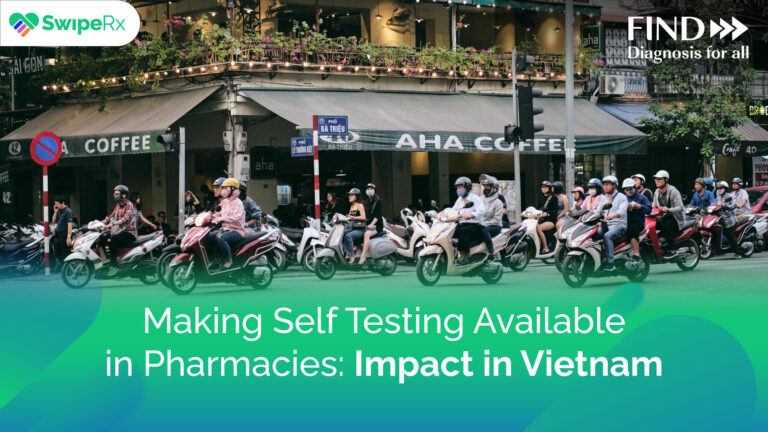Although the link between physical and mental health is well established in scientific circles, it has not yet been properly communicated to the general public— particularly in rapidly developing regions like Southeast Asia. This is problematic because mental illness increases the risk of infection from bodily diseases, and an estimated 14% of the global burden of disease is the result of some mental illness. In Vietnam, there are approximately 13.5 million Vietnamese, roughly 15% of the total population, who suffer from some diagnosable mental disorder.
Here’s what is already in place to help these millions of individuals, and what else needs to be done:
The current state of mental health services in Vietnam
While access to mental health services in Vietnam have improved markedly over the past decade, the demand is still too high. Only around 1% of the health care budget is allocated to mental health services, which results in a lack of available treatment options, run-down facilities, and an alarmingly low number of mental health professionals. In fact, there is less than one psychiatrist and practically no psychologists for every 100,000 individuals living in Vietnam.
Data is needed to improve Vietnam’s mental health sector
Obtaining more data will help to uncover trends in mental illness and to crystallize what the greatest needs are. Additionally, it has been reported that more epidemiological data on mental health trends is essential for increasing the number of mental health services in Vietnam.
In a recent SwipeRx poll of pharmacists across Vietnam, it was found that patients ask about mental health drugs in pharmacies at an average of 1 to 7 times per week. This data suggests that people do rely on their pharmacists for information about psychiatric medication, and that pharmacists can play an important role in delivering better mental health services.
Mental health patients are receiving only pharmacotherapy
Vietnam’s Ministry of Labor, Invalids, and Social Affairs (MOLISA) estimated that only 30% of mentally ill patients receive any kind of treatment; and when they do receive treatment, it typically involves pharmaceutical drugs rather than psychotherapy. Thus, almost all epidemiological data on mental disorders can be found at the pharmaceutical level.
Data from a recent SwipeRx poll that found that diazepam is the most requested mental health drug in Vietnam. Diazepam, commonly known as “Valium”, is a drug used to treat anxiety disorders, or related conditions like trauma- and stressor-related disorders, and obsessive-compulsive disorders.
Having access to this information allows us to paint a more detailed picture of mental health in Vietnam. For example, if an individual has been diagnosed with a trauma- and stressor-related disorder like post-traumatic stress disorder (PTSD), it may be the result of Vietnam’s war history. So, one goal for Vietnam’s mental health sector could be to recruit mental health professionals with backgrounds in treating veterans and war victims.
Ultimately, mental disorders are often overlooked when talking about a person’s health, yet there can be no health without mental health. In emerging markets like Vietnam, there is still much progress to needed to meet the mental health demands of its population. Data collection about mental health trends and practices should be an integral part of all public health initiatives because that information can be used to uncover what is most needed in the mental health sector.
You might be interested in:
Thai Pharmacists Fear OTC sales following FDA decision
What insights will big data provide on public health?
New data: 1 out of 4 pharmacy professionals in Vietnam improperly dispense antibiotics







